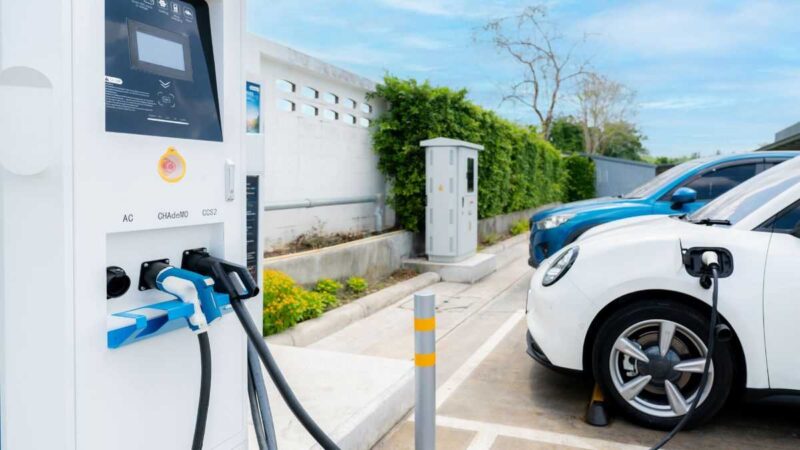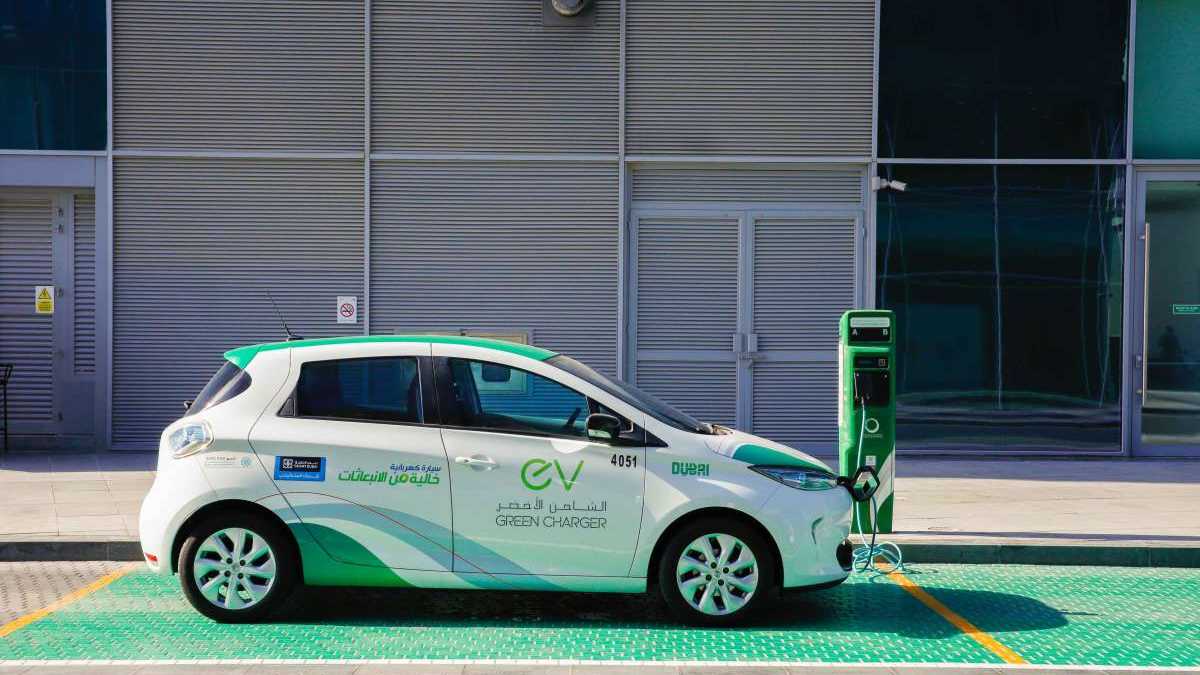In recent years, the global landscape has seen a surge in initiatives aimed at combating climate change and reducing carbon footprints. As nations strive towards sustainable development, the adoption of electric vehicles (EVs) has emerged as a pivotal strategy. The United Arab Emirates (UAE), under the visionary leadership of Suhail bin Mohammed Al Mazrouei, Minister of Energy and Infrastructure, has embarked on a transformative journey with the implementation of the National Electric Vehicles Policy. This comprehensive framework is poised to revolutionize the UAE’s transport sector, fostering green mobility and positioning the nation as a leader in sustainable innovation.
Understanding the National Electric Vehicles Policy
The National Electric Vehicles Policy, meticulously crafted by the Ministry of Energy and Infrastructure (MoEI), serves as a regulatory blueprint to guide the integration of electric vehicles into the UAE’s transport infrastructure. It encompasses a multifaceted approach, encompassing regulatory standards, incentivization mechanisms, and collaborative partnerships to drive the widespread adoption of EVs across the nation.
Key Objectives of the Policy
- Reducing Energy Consumption: Aligning with the National Energy and Water Demand Management Program, the policy aims to curtail energy consumption in the transport sector, fostering sustainability and efficiency.
- Mitigating Carbon Emissions: By promoting the use of electric vehicles, the policy targets a significant reduction in carbon emissions, contributing to the UAE’s ambitious sustainability goals.
- Increasing EV Penetration: With a long-term vision in mind, the policy endeavors to elevate the share of electric vehicles to 50 percent of total vehicles on UAE roads by 2050, facilitating a paradigm shift towards clean transportation.
Regulatory Framework and Standards
Central to the National Electric Vehicles Policy is the establishment of robust regulatory frameworks and standards to ensure the seamless integration of EVs into the UAE’s transport ecosystem. This entails:
Standardization of Charging Infrastructure
- Collaborating with stakeholders to standardize the infrastructure for electric vehicle charging stations, thereby enhancing accessibility and convenience for EV owners.
Legislative Framework for Recycling
- Implementing legislative frameworks for the recycling of electric vehicle batteries, fostering sustainability and environmental stewardship within the automotive industry.
Promoting Green Mobility
The policy endeavors to create a conducive environment for green mobility by implementing a range of economic, environmental, and social incentives. These incentives are designed to:
Stimulate Market Demand
- Introducing incentives that promote the purchase of electric vehicles, such as tax credits, subsidies, and preferential parking privileges, thereby stimulating market demand and accelerating EV adoption.
Fostering Technological Innovation
- Encouraging research and development in the field of electric vehicle technology, driving innovation and enhancing the performance and efficiency of EVs.
Collaboration and Partnerships
The successful implementation of the National Electric Vehicles Policy hinges upon collaborative partnerships between the federal and local government, the private sector, and other relevant stakeholders. These partnerships are instrumental in:
Establishing Charging Infrastructure
- Collaborating with government agencies and private entities to establish a robust network of electric vehicle charging stations, spanning urban centers, highways, and key transport corridors.
Enhancing Competitiveness
- Enhancing the UAE’s competitiveness in the global electric vehicle market by fostering collaboration with leading manufacturers, technology providers, and automotive experts.

Economic Implications and Investment Opportunities
The policy creates a myriad of economic opportunities, particularly in the renewable energy and automotive sectors. Key highlights include:
Investment in Charging Infrastructure
- Stimulating private sector investment in electric vehicle charging infrastructure, thereby catalyzing job creation, fostering economic growth, and positioning the UAE as a hub for sustainable innovation.
Market Expansion and Diversification
- Diversifying the UAE’s economy by nurturing a vibrant ecosystem for electric vehicle manufacturing, assembly, and associated industries, thereby reducing dependency on traditional hydrocarbon resources.
Environmental Benefits and Sustainability
At its core, the National Electric Vehicles Policy is driven by a commitment to environmental stewardship and sustainability. The adoption of electric vehicles yields a plethora of environmental benefits, including:
Carbon Emission Reduction
- Significantly reducing carbon emissions associated with traditional combustion engine vehicles, mitigating air pollution and contributing to climate change mitigation efforts.
Conservation of Natural Resources
- Minimizing reliance on fossil fuels and conserving finite natural resources, thereby safeguarding the environment for future generations.
Addressing Challenges and Overcoming Barriers
While the National Electric Vehicles Policy represents a monumental leap towards sustainable transportation, it is not without its challenges. Key considerations include:
Infrastructure Development
- Overcoming logistical challenges associated with the development of electric vehicle charging infrastructure, including funding, permitting, and deployment in remote areas.
Consumer Perception and Awareness
- Addressing consumer perceptions and misconceptions surrounding electric vehicles, including concerns regarding range anxiety, charging infrastructure, and vehicle affordability.
Conclusion
In conclusion, the National Electric Vehicles Policy heralds a new era of sustainable transportation in the UAE, driven by innovation, collaboration, and a steadfast commitment to environmental stewardship. As the nation embarks on this transformative journey, guided by the visionary leadership of Suhail bin Mohammed Al Mazrouei, Minister of Energy and Infrastructure, the future of mobility is brighter than ever before. Through concerted efforts and strategic partnerships, the UAE is poised to emerge as a global leader in electric vehicle adoption, paving the way for a cleaner, greener, and more sustainable future.

























